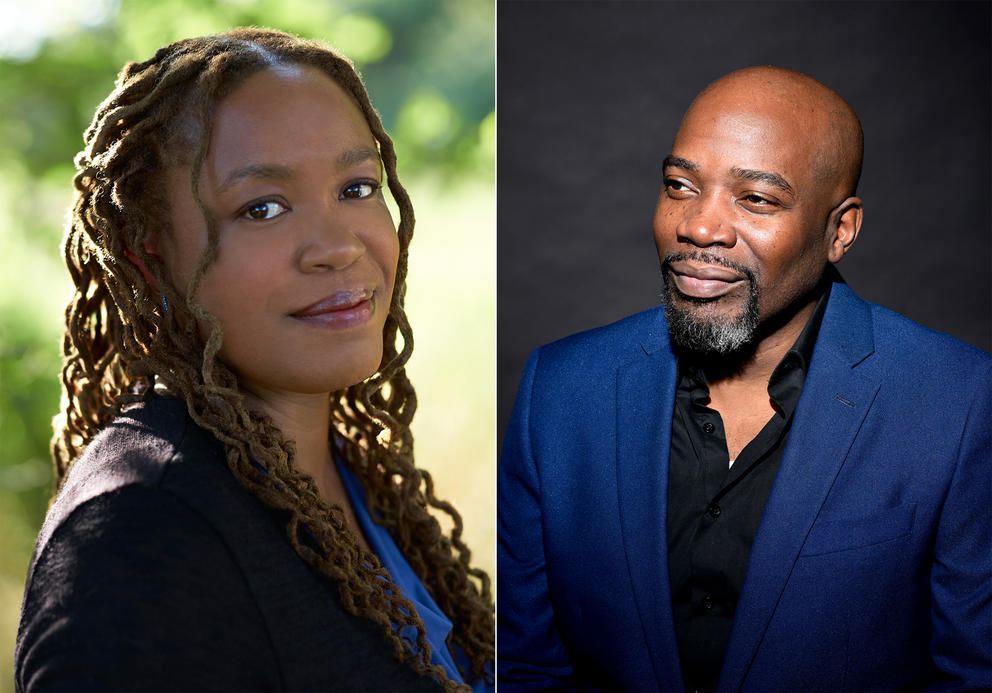Podcast | Exploring the racist roots of America’s economic inequity
Author Heather McGhee discusses the anti-government sentiment that emerged in the wake of the Civil Rights movement and what it still costs all Americans.

From left, Heather McGhee and Michael Harriot. (Courtesy photos)
Over the past two decades, Americans have grown accustomed to reports on the yawning gap between the country's rich and poor. Such news might be seen as a catalyst for change, but that hasn't really been the case.
So, what is going on? What is it about America that, despite its incredible wealth, prevents it from closing the gap?
Subscribe to Crosscut Talks on Apple Podcasts, Spotify, Stitcher, or Podbean.
Heather McGhee has an answer, which she puts forth in her book, The Sum of Us: What Racism Costs Everyone and How We Can Prosper Together. The problem, she says, is America's zero sum theory of economic well-being. And the roots of that theory, she says, are found in racism.
For this week's episode of the Crosscut Talks podcast, McGhee sits down with the Root senior writer Michael Harriot to discuss the origins of that theory and how it affects all Americans.




